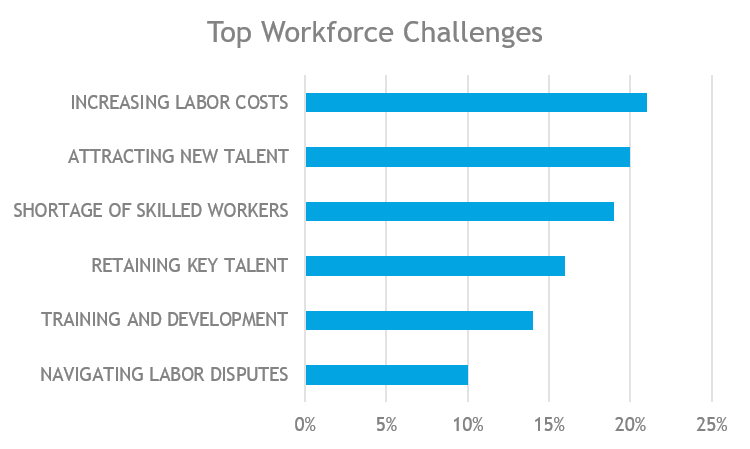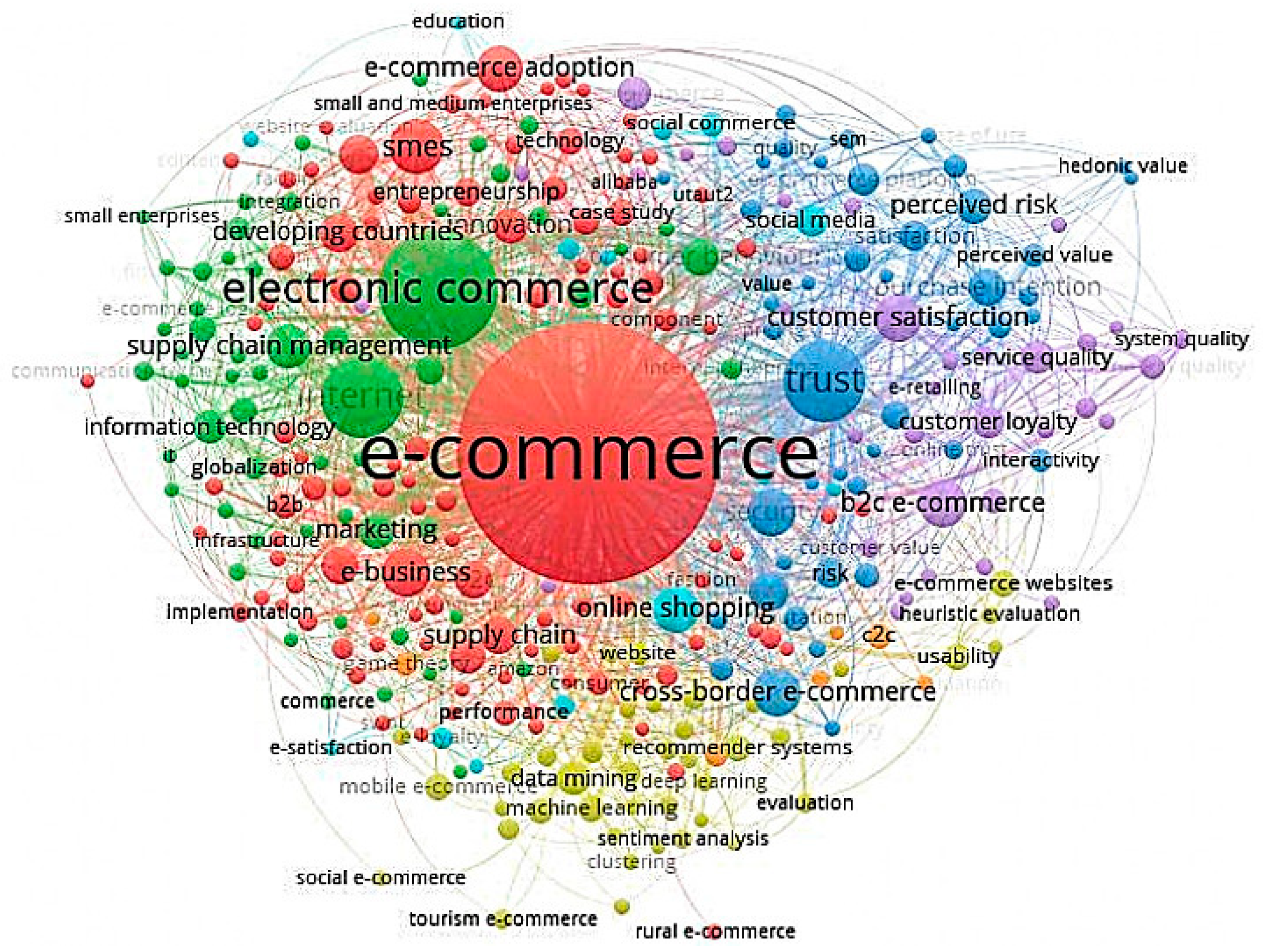The entertainment world thrives on talent. From screenwriters to leading actors, every individual brings unique skills to the table. Ensuring smooth talent acquisition and retention is thus integral to the industry’s success. This process involves crafting well-structured employment contracts and executing effective talent management strategies. Let’s delve into these aspects for a deeper understanding.
Decoding Employment Contracts in Entertainment
An employment contract is a legal document that delineates the professional relationship between an employer and an employee. In the entertainment industry, these contracts are usually tailored to specific roles and projects.
Key Components
A standard entertainment employment contract comprises the job description, contract length, remuneration details, confidentiality clauses, and termination terms. While many aspects are industry-standard, certain elements, like compensation packages or royalties, are typically negotiated.
Let’s break down these components:
- Job Description: This clarifies the role, responsibilities, and expectations from the talent. Being explicit helps avoid misunderstandings later.
- Contract Duration: The time frame of the contract varies with the project. A movie, for instance, might require a few months, while a TV series could span years. This duration also affects compensation and job security.
- Remuneration: The payment terms, including base salary, bonuses, and benefits, are meticulously detailed. Unique to entertainment are royalties or profit-sharing agreements, potentially offering talents long-term income from successful projects.
- Confidentiality Clauses: To maintain the surprise element, the entertainment industry often includes non-disclosure agreements (NDAs) in their contracts. These prohibit employees from leaking any proprietary information.
- Termination Terms: This section outlines the conditions under which the contract can be prematurely ended by either party, with or without cause.
Pitfalls and Challenges
Like any other field, the entertainment industry has its share of contractual challenges. Misinterpretation of contract clauses, lack of transparency, and unequal bargaining power are common issues. Professionals should seek legal counsel before signing any contracts.
Talent Management in Entertainment
Talent management involves identifying, recruiting, and retaining individuals with exceptional skills. In the entertainment industry, this process is a bit more intricate due to the volatile nature of the business.
Talent Acquisition and Development
Finding the right talent for the right role is crucial in entertainment. Scouting methods have evolved, with social media playing an increasingly important role. As the demand for diverse talents grows, so does the need for comprehensive training and development programs.
Talent Retention
Retaining talent in a competitive industry can be challenging. Offering attractive compensation, growth opportunities, and maintaining healthy work environments are key strategies. A creative and tech-optimized workspace can also significantly boost productivity.
Embracing the Role of Technology
As with many industries, technology is reshaping talent management and contractual processes in entertainment. For instance, HR management systems like Breathe HR are automating and streamlining processes, making it easier to manage talent effectively. AI is making talent acquisition more effective, while blockchain offers possibilities for transparent, secure contract management.
Conclusion
In the entertainment world, talent is the cornerstone of success. Hence, proper understanding of employment contracts and effective talent management strategies is vital. With technology offering new possibilities, we can anticipate even more efficiency and transparency in these areas.
For a more comprehensive understanding of tech’s impact on entertainment, check out this insightful piece on how gaming is changing the industry.




